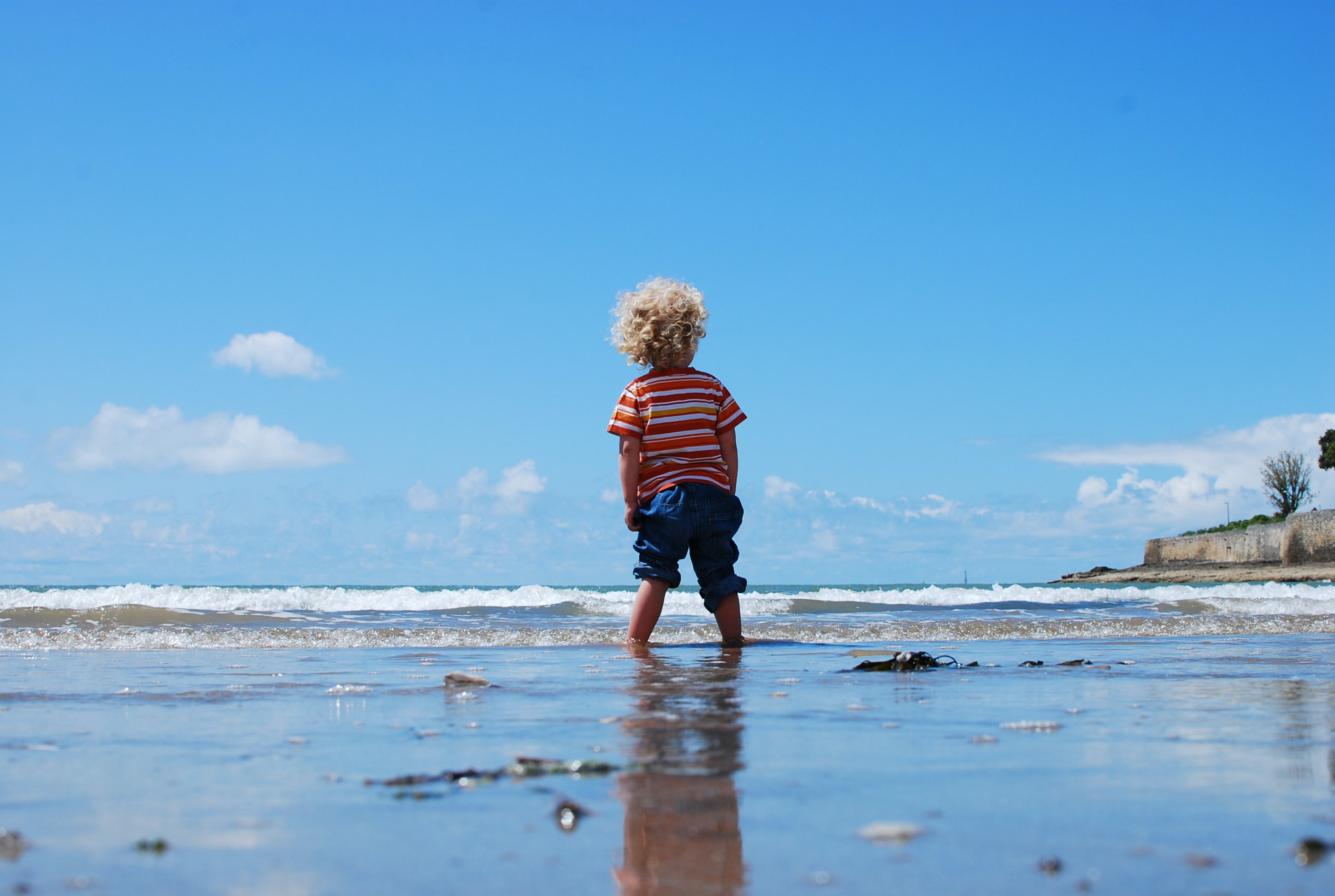
Cool, baby or hot tot? Keeping children safe in a heatwave
We hear the word ‘unprecedented’ a lot these days, often prefixing ‘demands, conditions or situations’, and especially from governments, authorities or policy-setters when what should happen, doesn’t, and what shouldn’t, did.
See also the UK’s current barometer-busting temperatures. British people, and our houses, shops and transport infrastructure were not built for this. But keeping your baby or young child protected from the rail-rippling temperatures is at least a problem within your control.
There’s plenty of good advice out there, and Coda pharmacy has collated it for you to ensure you’re making informed decisions around your child, or children. So, if you’re out and about, and concerned your child may have been over-exposed to the sun, keep the fundamentals in mind.
Such as?
Infants and children aged four or younger are more susceptible to heat-related health problems as their bodies cannot yet properly regulate their core temperature.
Heat exhaustion isn’t deadly if you can get out of the sun and heat within 30 minutes, advise the NHS. Heatstroke, on the other hand, is an emergency. So, what’s the difference, and how can a concerned parent react to either?
Heat exhaustion and Heatstroke
Children and babies can suffer heat exhaustion in high temperatures, particularly aligned high humidity and physical activity. Their bodies can quickly overheat and exhibit early symptoms such as cramps in the limbs or tummy. Untreated, these symptoms escalate to heatstroke. Other things to look out for include:
Children are also more vulnerable to dehydration and while the symptoms are the same as for adults, children enjoying a say in the sunshine will be slower to notice the problem symptoms, such as extreme thirst, dark, strong-smelling wee, dizziness or lightheadedness, fatigue and a dry mouth, lips and eyes. Dehydration is a big step along the road to heatstroke, so don’t be caught out.
Dehydrated baby alert!
This is important. You know your child better than anyone, so these symptoms should be easy to spot. If your baby exhibits any of these traits after prolonged exposure to the sun, then get them to A&E or your GP, and fast.
Are they drowsy, breathing fast, or exhibit cold and blotchy-looking hands and feet? Do they have few or no tears when crying, a dry mouth, and a soft spot on their head that sinks inwards (sunken fontanelle)?Is their wee dark yellow? Have they not had a pee in last 12 hours?
Treating heat exhaustion
As we’ve said, if dehydration is the first step on the road to heatstroke, then heat exhaustion is the second. So, if you think your child is looking vulnerable, then you’ll need to act, and fast, in following these five steps:
No 6 is, obviously, too stay with them until they're better. The NHS offer sound, post-dehydration feeding advice for children and babies here.
Get good advice
As with most medical conditions, prevention beats the cure, and The British Skin Foundation has a wealth of information to keep your children safe, and mum or dad from a disease that affects more than 100,000 people in the UK every year.
It’s never too early to be sun-safe, and as we seem doomed to forever live in unprecedented times, it makes sense to get the best advice you can.
We’ll be back next month with another blog, so if there’s a particular subject you’d like us to cover, or any health related topic, then get in touch.
If you require free NHS prescription delivery, you can register here www.codapharmacy.co.uk